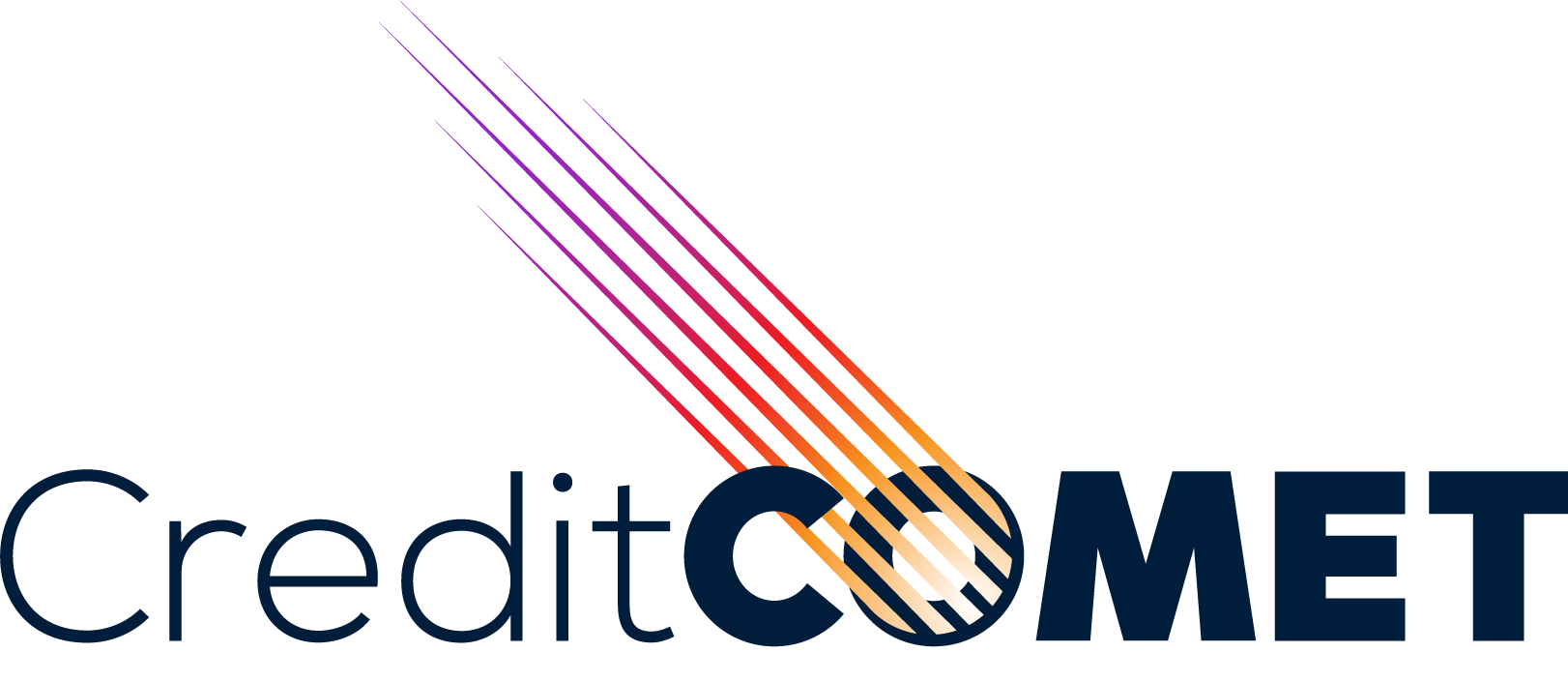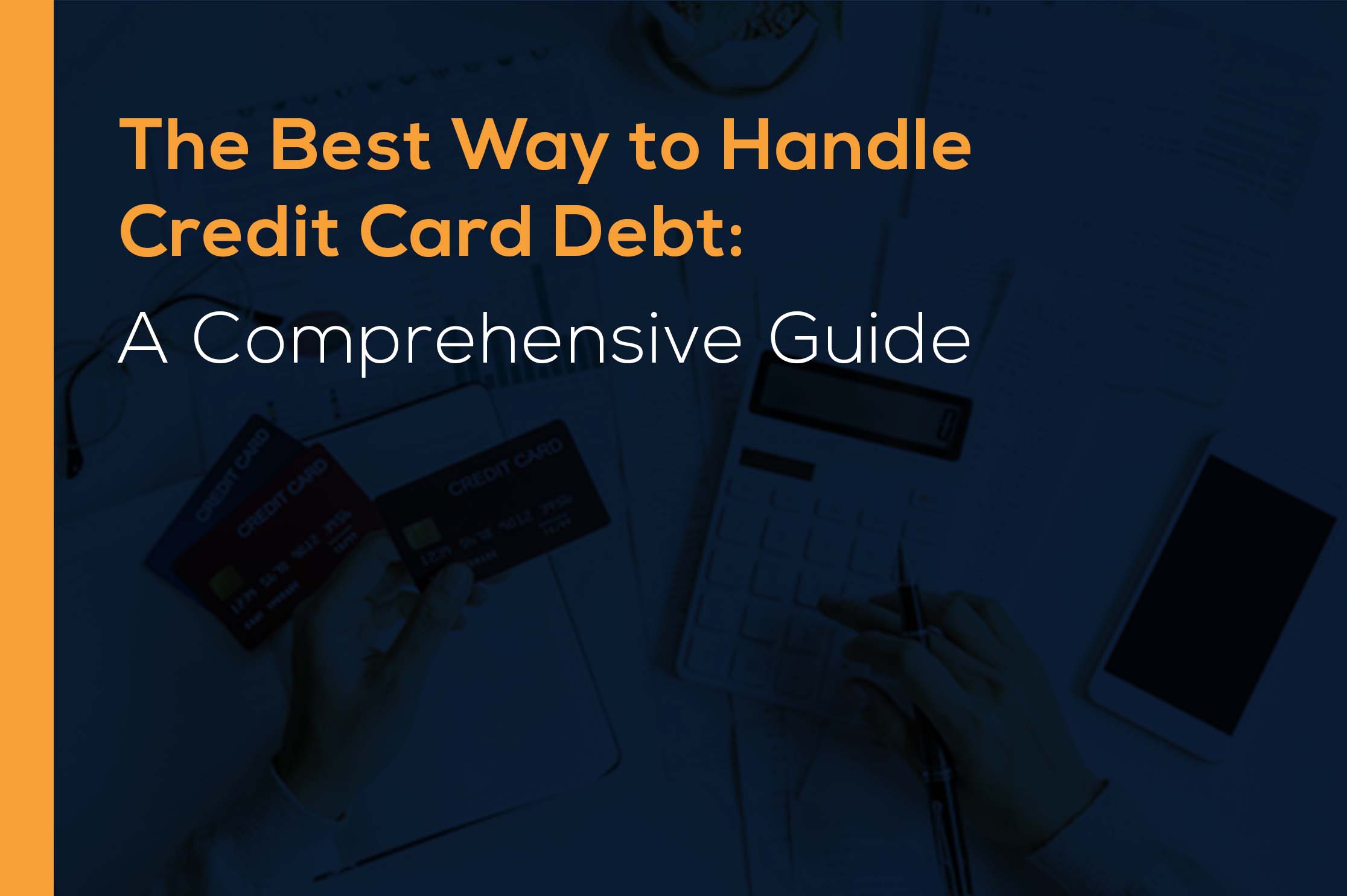Credit card debt often plagues individuals due to the ease of overspending. However, with the right strategies, you can manage and eliminate your debt, regaining control of your financial well-being. Let’s explore some of the most effective ways to tackle credit card debt:
Understanding Credit Card Debt
Credit card debt can create a great deal of financial stress. In order to devise a successful debt repayment plan, it’s vital to understand how high-interest rates, late fees, and compounding interest can contribute to the escalation of your debt. Recognizing the impact of these factors will help you to come up with a realistic and effective strategy to pay it off.
Assessing Your Debt Situation
To create a targeted plan for debt reduction, you should start by assessing your financial situation. Gather information on all your credit card balances, interest rates, and minimum monthly payments, giving you an overview of your debt burden. With this information, you can begin to formulate an approach that works best for you.
Creating a Budget
A well-crafted budget can be a powerful tool for managing credit card debt. Identify your expenses, prioritize necessities, and allocate some of your income towards debt repayment. Being honest about your spending habits, and identifying areas where you can make cutbacks will help free up funds that can be funnelled into debt reduction efforts.
Prioritizing Repayment Strategies
There are several techniques you can use to tackle credit card debt. Some examples include:
Snowball Method
The snowball method is focused on paying off your smallest debts first, regardless of interest rates. This approach often provides much-needed motivation as you can celebrate small wins along the way.
Avalanche Method
The avalanche method prioritizes the payment of the debts with the highest rates of interest, which cuts down on interest expenses over the long term. It is financially efficient, although it may take longer to see results compared to the snowball method.
Debt Consolidation
Debt consolidation involves transferring multiple credit card balances into a single lower-rate loan or credit card. This simplifies repayment by combining debts into one manageable payment.
Negotiating with Creditors
Credit card companies will work with you to find mutually beneficial solutions. Contact your creditors to find out if you can secure extended payment terms, lower interest rates, or a debt settlement.
Seeking Professional Help
Dealing with debt can be a stressful and unfamiliar experience. Therefore, it may be beneficial to consult with a debt management service or credit counseling agency. These professionals can provide expertise and guidance in negotiating with your creditors and creating realistic repayment plans.
Building Healthy Financial Habits
To avoid future credit card debt, developing healthy financial habits is essential. Make sure to review your budget regularly, build an emergency fund to fall back on, and always use credit cards responsibly. Establishing solid financial practices will contribute to long-term financial stability.
Analyzing Your Spending Habits
It’s crucial to understand your spending habits to work towards the reduction of credit card debt. Identifying areas of discretionary spending can give you an idea of where you can cut back or eliminate expenses. This way, you can allocate funds towards reducing your credit card debt faster.
Building an Emergency Fund
Having an emergency fund is crucial to building financial resilience as you manage your credit card debt. An emergency fund equivalent to three to six months’ worth of expenses can help shield you from relying on credit cards when unexpected expenses arise.
Exploring Balance Transfer Options
For individuals with good credit scores, using a balance transfer can be effective in the short-term. This involves moving high-interest credit card balances to a lower or 0% interest rate promotional period, providing temporary relief and helping you to pay off the principal balance more quickly.
Increasing Your Income
Adding additional income can help you expedite debt reduction. You may want to explore opportunities for overtime at work, freelance work, or a part-time job. Ensuring that you put any additional income directly into paying down your credit card debt will speed up financial freedom.
Staying Committed to Financial Goals
Handling credit card debt is a marathon, not a sprint. Keep committed to your financial goals, celebrate small victories along the way, and continue working on your personal finances. Celebrating each success and detailing progress can help motivate and reinforce your desire to stay on track.
Monitoring Your Credit Score
As you work towards reducing your credit card debt, it’s important to track your credit score. A good credit score can provide you with more financial opportunities in the future. Using a credit monitoring service to get insights into your credit report and receive tips can help improve your creditworthiness.
Educating Yourself on Financial Literacy
Investing time into educating yourself on personal finance and credit card debt will empower you to make informed decisions in the future. By understanding topics such as interest rates and credit scores, you will have better control over your finances in general.
Seeking Emotional Support
Dealing with credit card debt is often not easy emotionally. Don’t be afraid to reach out to friends or family for support, or consider consulting a financial advisor when you need a little extra help. Talking through your financial situation can help reduce stress and provide different perspectives for resolution.
Conclusion
In conclusion, managing credit card debt requires formulating a personalized, comprehensive plan based on your financial situation and resolving potential credit card debt issues with commitment and discipline. Utilizing these strategies and staying proactive in managing credit card debt are key components to regaining control of your financial circumstances.

